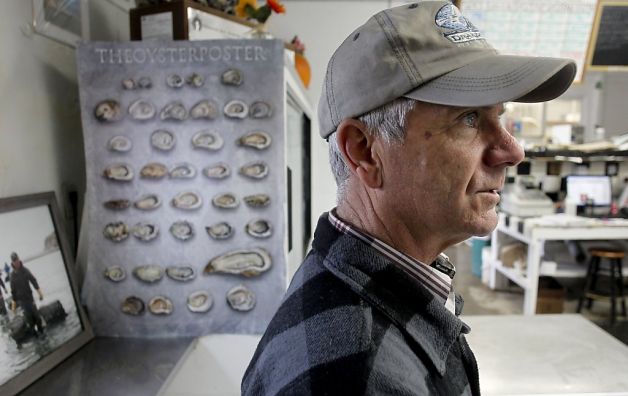Read the full story here. SF Gate
“If allowed to stand, Secretary Salazar’s decision will terminate 31 full-time jobs, deprive 15 employees of affordable housing, hijack a property right of the State of California and permanently tear the fabric of a rural community,” stated the lawsuit, filed in U.S. District Court in San Francisco and made public Tuesday by the Washington D.C. nonprofit group, Cause of Action.
The suit asks the court to overturn the decision and allow the oyster farm owner, Kevin Lunny and his family, to be reimbursed for damages and allowed to continue harvesting oysters at least until another environmental report is completed and approved.
Salazar decided not to renew Lunny’s lease because, he said, the park service had made a commitment in 1972 to turn the 2,500-acre inlet into the first marine wilderness on the West Coast. Even though Salazar’s decision was not based on the oyster farm’s alleged impacts on the environment, lawyers for Cause of Action claim a rider inserted by Sen. Dianne Feinstein in an appropriations bill required him to consider the issue.
Photo: Michael Macor, The Chronicle / SF
